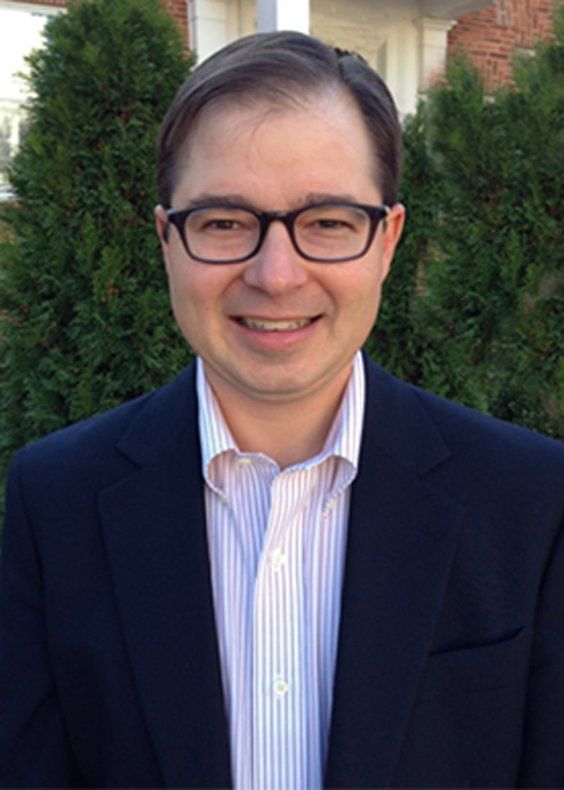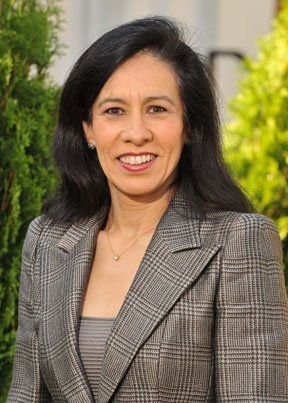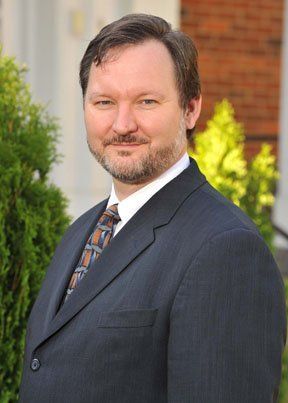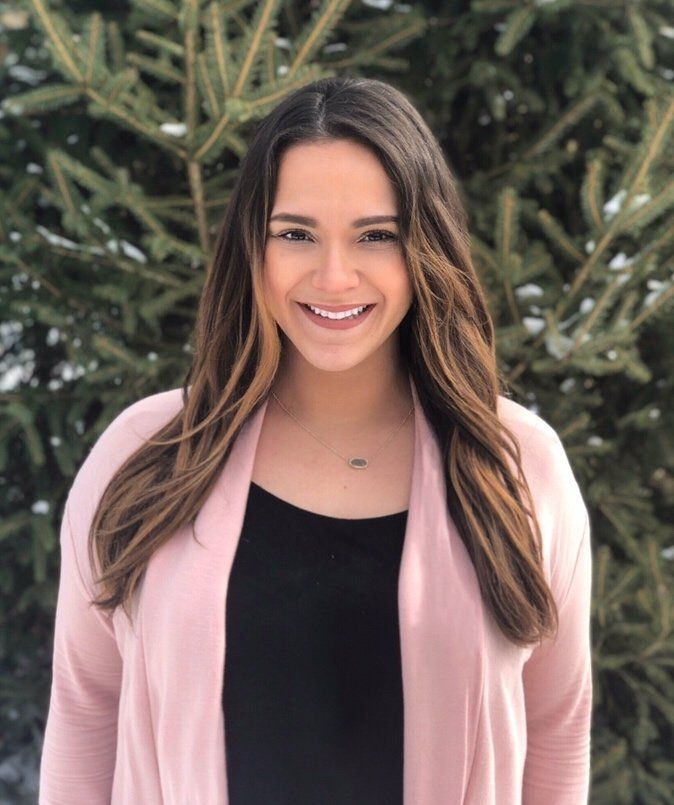Autism
Autism spectrum disorder (ASD) is the name for a group of developmental disorders. ASD includes a wide range, “a spectrum,” of symptoms, skills, and levels of disability.
People with ASD often have these characteristics:
- Ongoing social problems that include difficulty communicating and interacting with others
- Repetitive behaviors as well as limited interests or activities
- Symptoms that typically are recognized in the first two years of life
- Symptoms that hurt the individual’s ability to function socially, at school or work, or other areas of life
Some people are mildly impaired by their symptoms, while others are severely disabled. Treatments and services can improve a person’s symptoms and ability to function. Families with concerns should talk to their pediatrician about what they’ve observed and the possibility of ASD screening. According to the Centers for Disease Control and Prevention (CDC) around 1 in 68 children has been identified with some form of ASD.
Signs and Symptoms
Restrictive / repetitive behaviors may include:
- Repeating certain behaviors or having unusual behaviors
- Having overly focused interests, such as with moving objects or parts of objects
- Having a lasting, intense interest in certain topics, such as numbers, details, or facts.
Social communication / interaction behaviors may include:
- Getting upset by a slight change in a routine or being placed in a new or overly stimulating setting
- Making little or inconsistent eye contact
- Having a tendency to look at and listen to other people less often
- Rarely sharing enjoyment of objects or activities by pointing or showing things to others
- Responding in an unusual way when others show anger, distress, or affection
- Failing to, or being slow to, respond to someone calling their name or other verbal attempts to gain attention
- Having difficulties with the back and forth of conversations
- Often talking at length about a favorite subject without noticing that others are not interested or without giving others a chance to respond
- Repeating words or phrases that they hear, a behavior called echolalia
- Using words that seem odd, out of place, or have a special meaning known only to those familiar with that person’s way of communicating
- Having facial expressions, movements, and gestures that do not match what is being said
- Having an unusual tone of voice that may sound sing-song or flat and robot-like
- Having trouble understanding another person’s point of view or being unable to predict or understand other people’s actions.
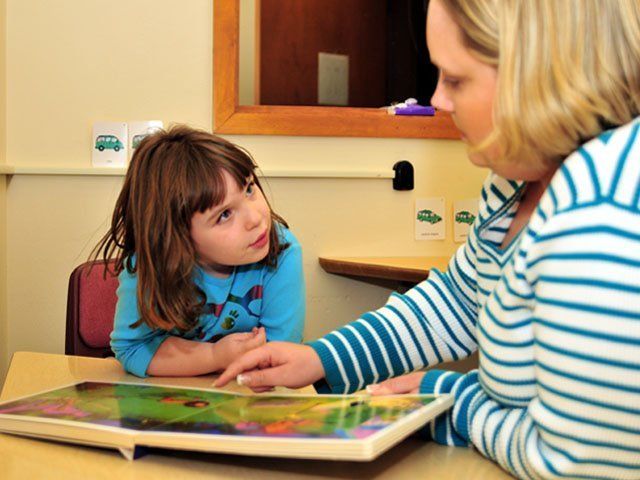
Treatments and Therapies
Early treatment for ASD and proper care can reduce individuals’ difficulties while helping them learn new skills and make the most of their strengths. The very wide range of issues facing those “on the spectrum” means that there is no single best treatment for ASD. Working closely with a doctor or health care professional is an important part of finding the right treatment program. There are many treatment options, social services, programs, and other resources that can help.
Here are some tips.
- Keep a detailed notebook. Record conversations and meetings with health care providers and teachers. This information helps when its time to make decisions.
- Record doctors' reports and evaluations in the notebook. This information may help an individual qualify for special programs.
- Contact the local health department, school, or autism advocacy groups to learn about their special programs.
- Talk with a pediatrician, school official, or physician to find a local autism expert who can help develop an intervention plan and find other local resources.
- Find an autism support group. Sharing information and experiences can help individuals with ASD and/or their caregivers learn about options, make decisions, and reduce stress.


